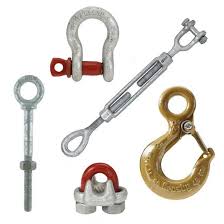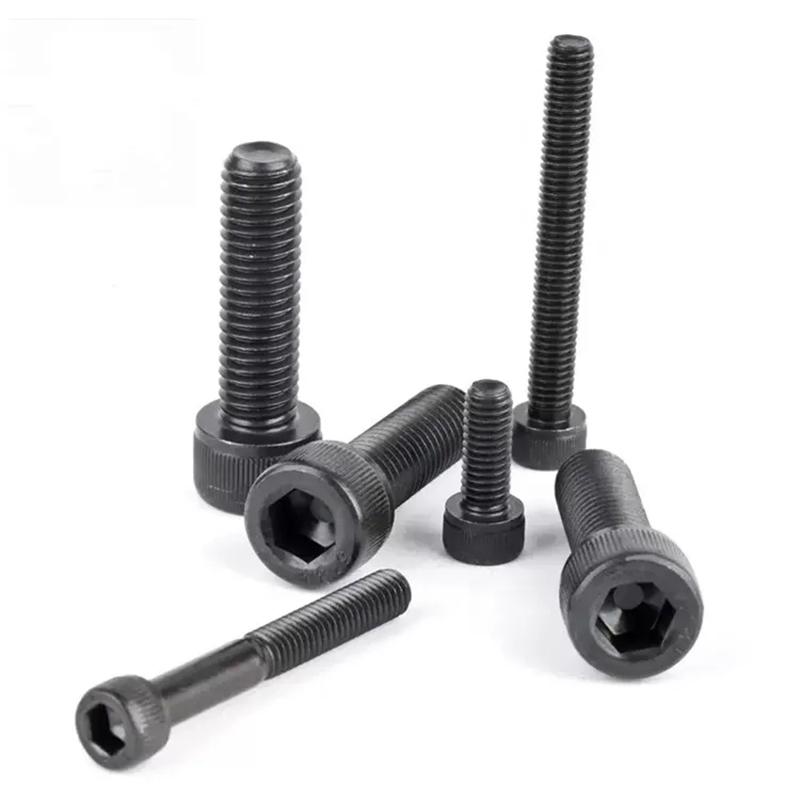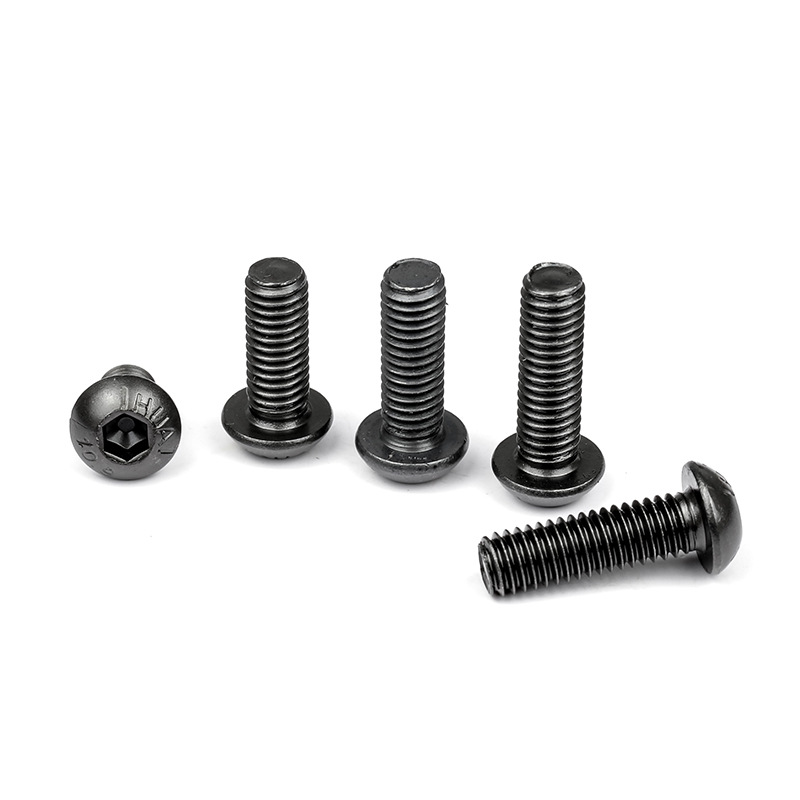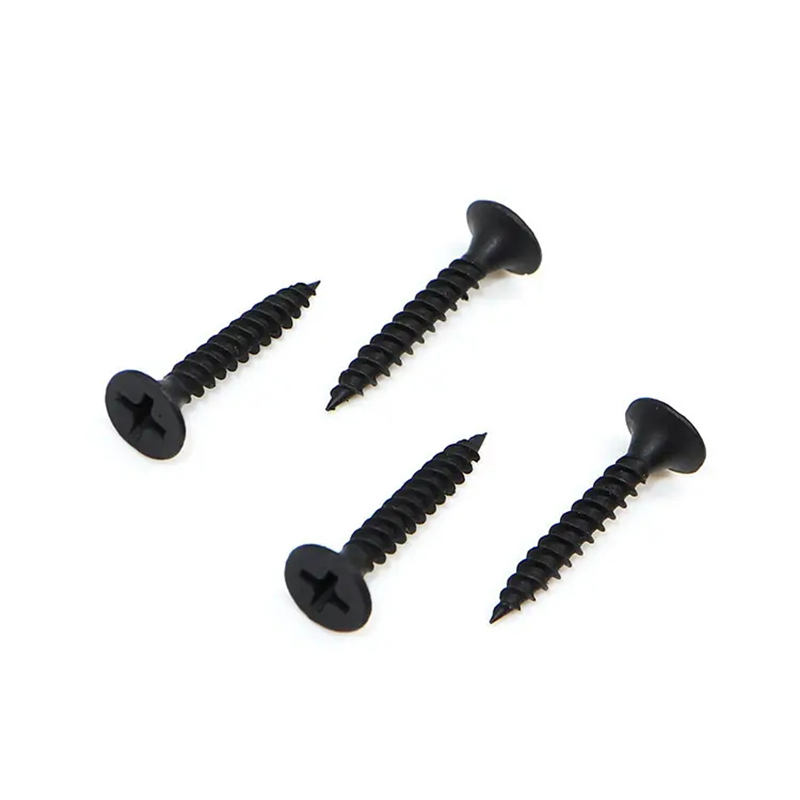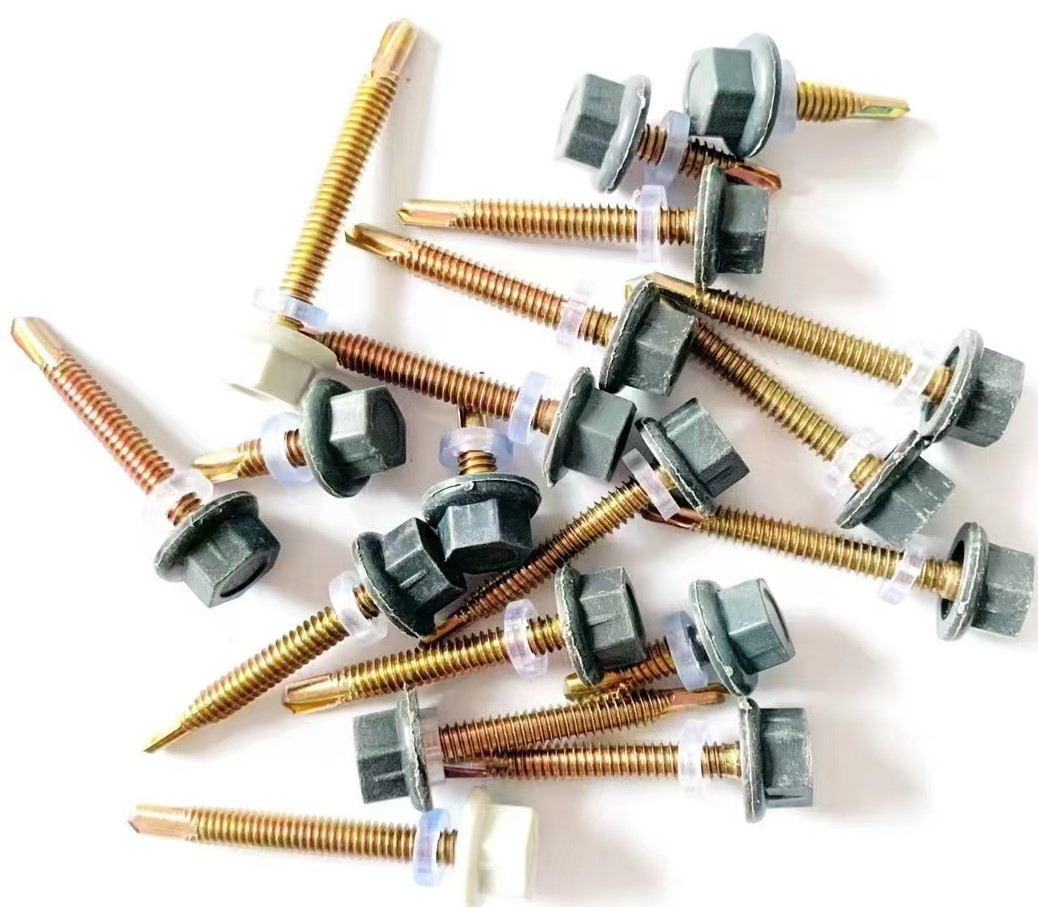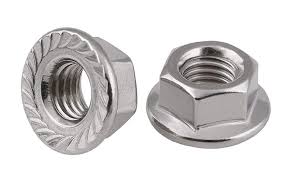M20 Hex Nut: A Comprehensive GuideUnderstanding and Selecting the Right M20 Hex NutThis guide provides a comprehensive overview of M20 hex nuts, covering their specifications, applications, materials, and selection criteria. We'll explore the various types available and help you choose the best M20 hex nut for your specific needs. Learn about factors like material strength, thread pitch, and surface finish to ensure a secure and reliable fastening solution.
M20 Hex Nut Specifications and Standards
The designation M20 refers to the metric thread size, indicating a nominal diameter of 20 millimeters. This is a common size used in various industrial and construction applications. Several standards govern the manufacturing of
M20 hex nuts, including ISO, DIN, and ANSI, each with slightly different dimensional specifications. Understanding these standards is crucial for ensuring compatibility and proper fit. For example, an
M20 hex nut manufactured to ISO 4032 will have slightly different dimensions compared to one manufactured to DIN 934. It's important to check the specific standard relevant to your application.
Understanding Thread Pitch
The thread pitch, often denoted as P, represents the distance between two consecutive threads. For
M20 hex nuts, common thread pitches include 2.5 mm and 4 mm. The choice of pitch depends on the specific application and the required clamping force. A finer pitch (smaller P value) generally provides greater precision and smoother operation, while a coarser pitch offers greater strength and faster assembly.
Materials Used in M20 Hex Nuts
M20 hex nuts are manufactured from various materials, each possessing unique properties that make them suitable for different applications.
Common Materials and Their Properties
| Material | Properties | Applications | Advantages | Disadvantages ||-------------------|-------------------------------------------------|-----------------------------------------------------|-------------------------------------------|------------------------------------------|| Carbon Steel | High strength, good durability, cost-effective | General purpose fastening, construction | High strength, low cost | Prone to corrosion || Stainless Steel | Excellent corrosion resistance, high strength | Outdoor applications, chemical environments | Corrosion resistance, high strength | Higher cost || Brass | Good corrosion resistance, non-magnetic | Electrical applications, marine environments | Corrosion resistance, non-magnetic | Lower strength than steel || Nylon | High corrosion resistance, low friction | Plastic applications, vibration damping | Corrosion resistance, low friction | Lower strength than metal |This table is a simplified overview. The actual properties can vary based on the specific alloy and manufacturing process.
Selecting the Right M20 Hex Nut
Choosing the appropriate
M20 hex nut requires considering several factors:
Factors to Consider
Material: Select a material that offers the necessary corrosion resistance and strength for the application. Thread Pitch: Choose the correct thread pitch to ensure proper fit and functionality. Finish: Surface finishes like zinc plating, nickel plating, or powder coating can enhance corrosion resistance and aesthetics. Grade: The grade of the material indicates its tensile strength and overall quality. Higher grade materials offer increased strength. Application: The specific application dictates the required material properties, strength, and finish.
Where to Purchase High-Quality M20 Hex Nuts
For high-quality
M20 hex nuts and other fasteners, consider sourcing from reputable suppliers. For a reliable source of various fasteners, including
M20 hex nuts, you might want to check out
Hebei Dewell Metal Products Co., LTD. They offer a wide range of products to meet various industrial needs. Remember to always verify the specifications and standards to ensure compatibility with your project.Remember to always consult relevant standards and specifications for precise dimensions and performance characteristics. The information provided here is for general guidance and should not be considered exhaustive.




